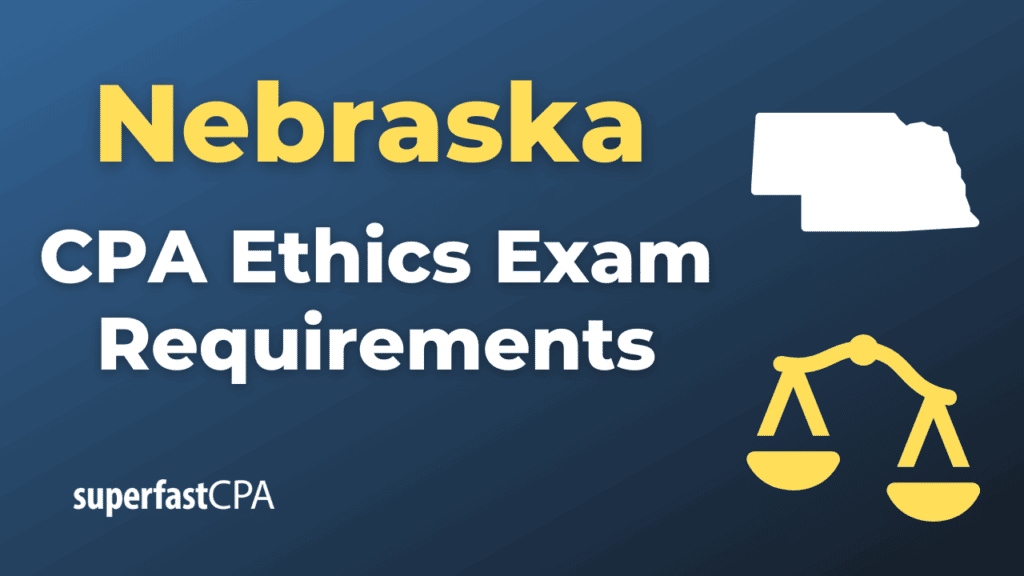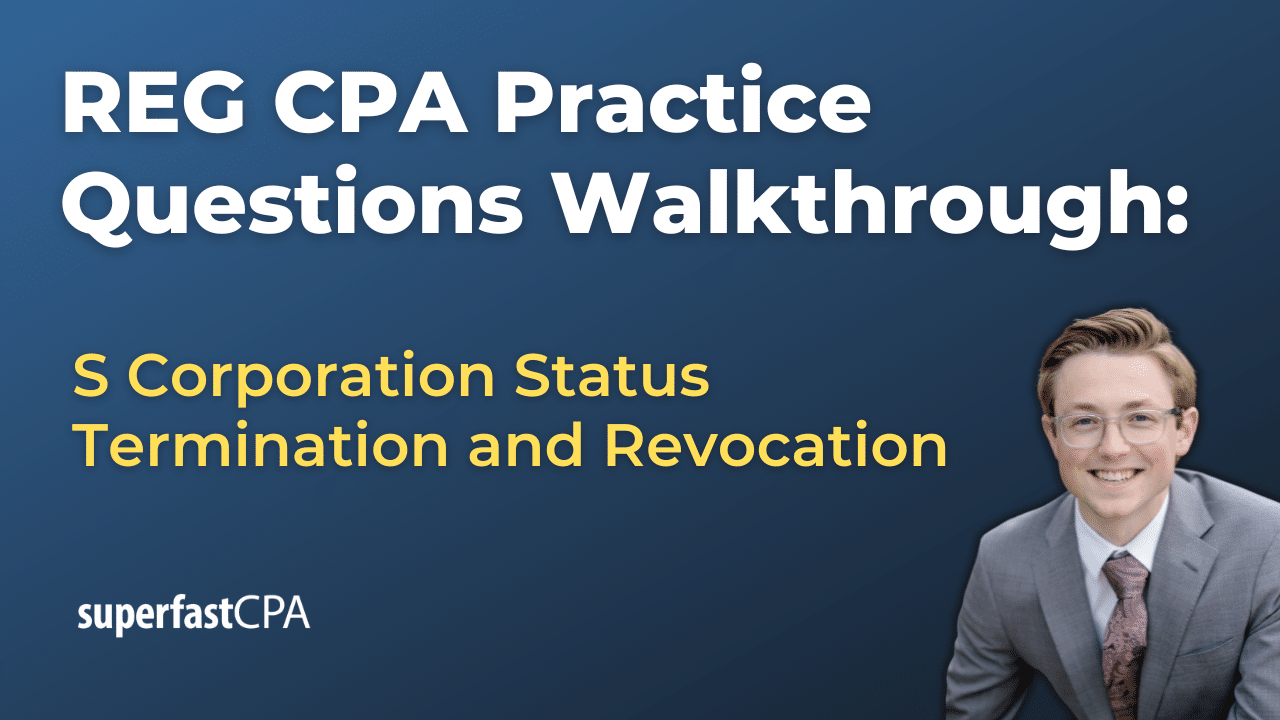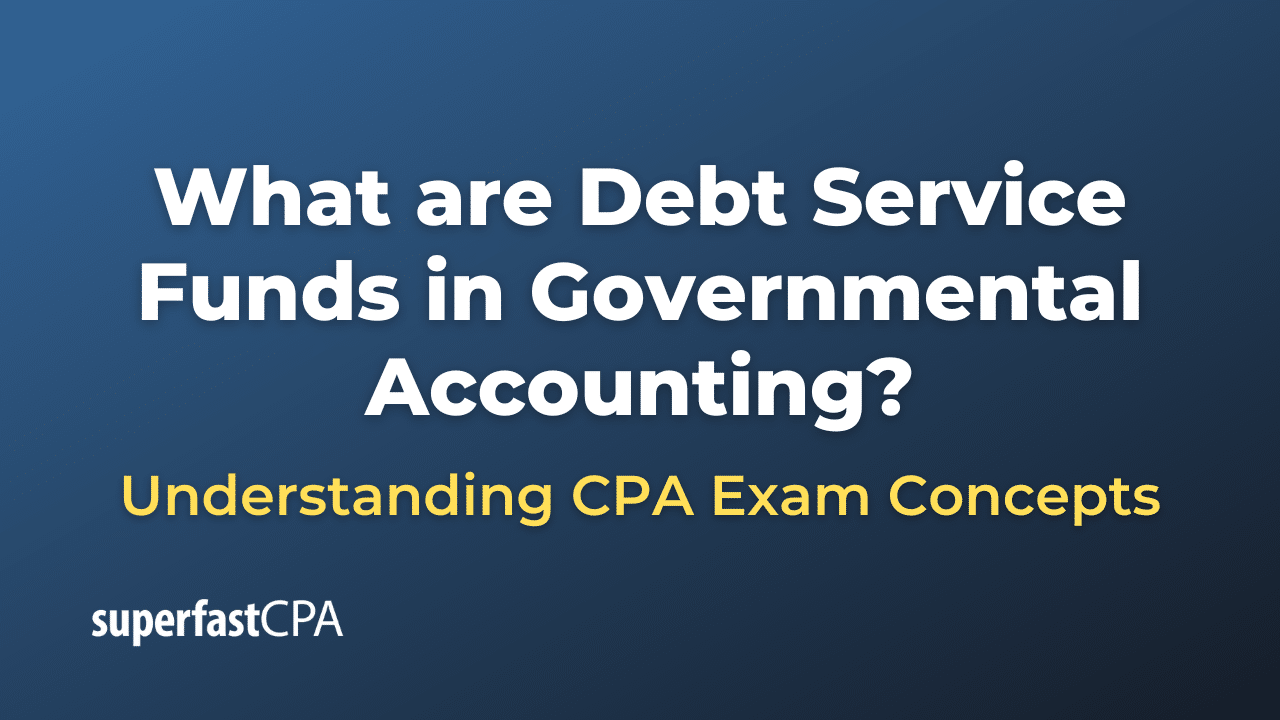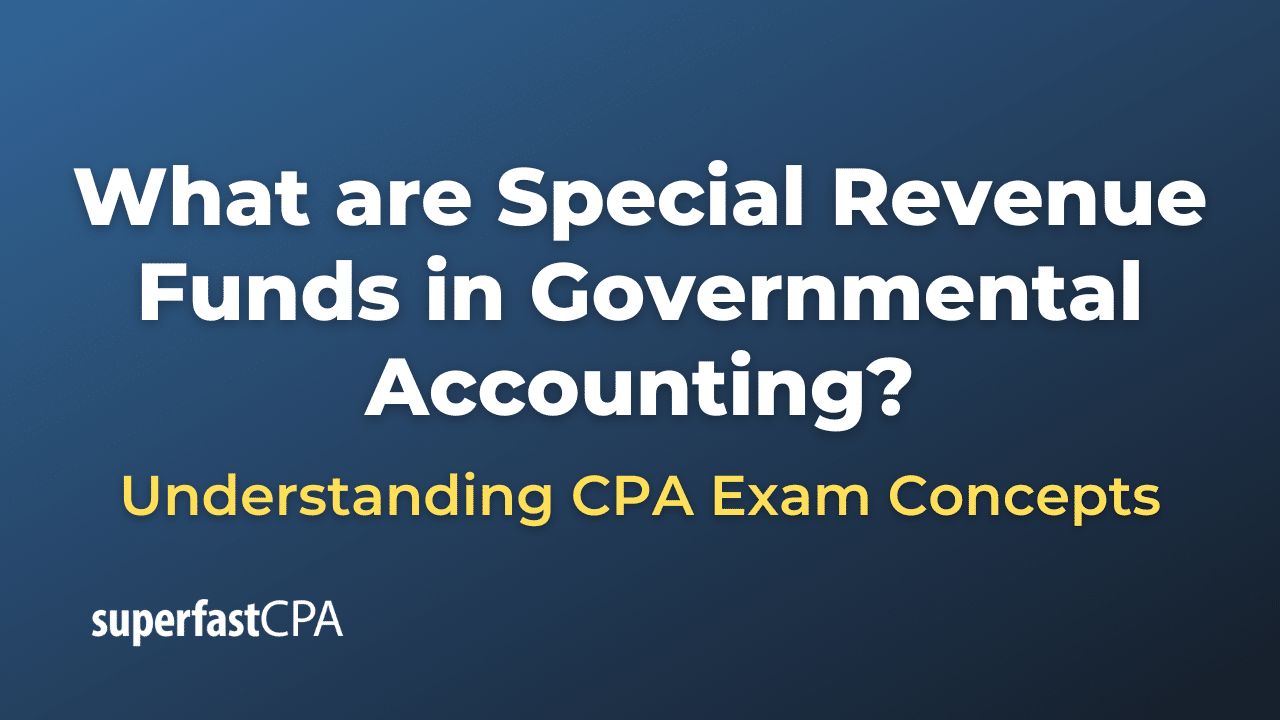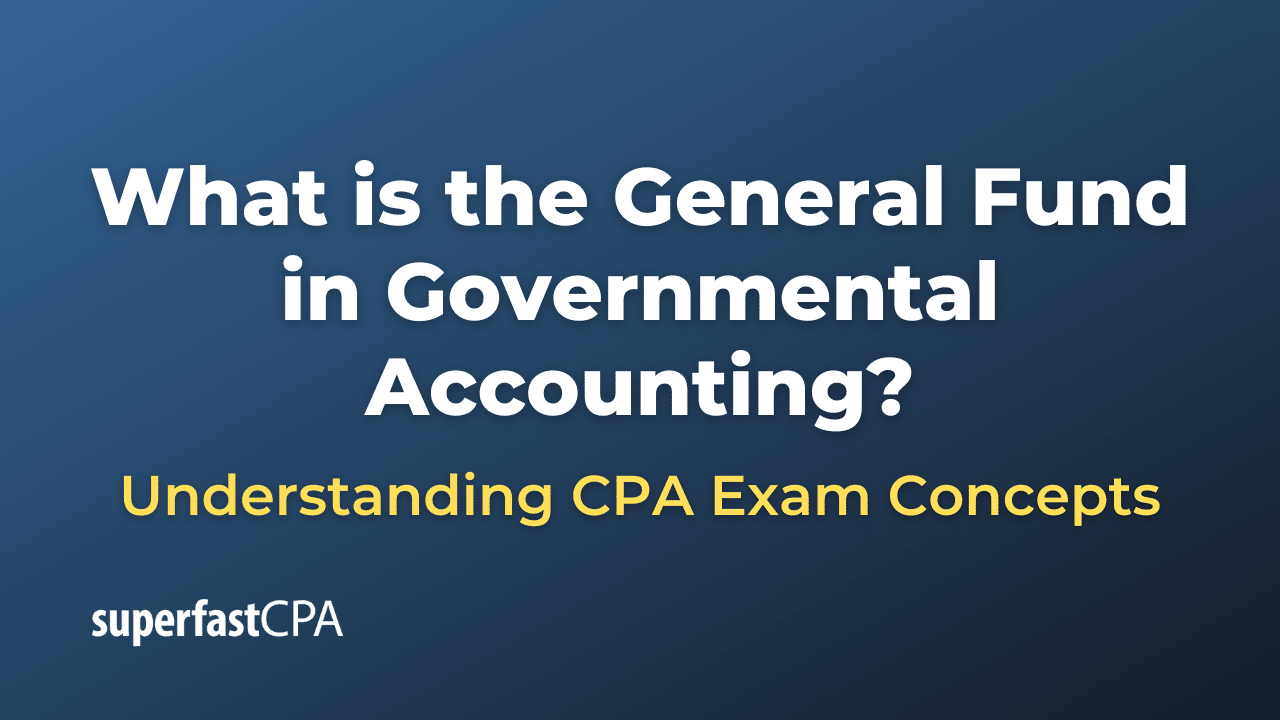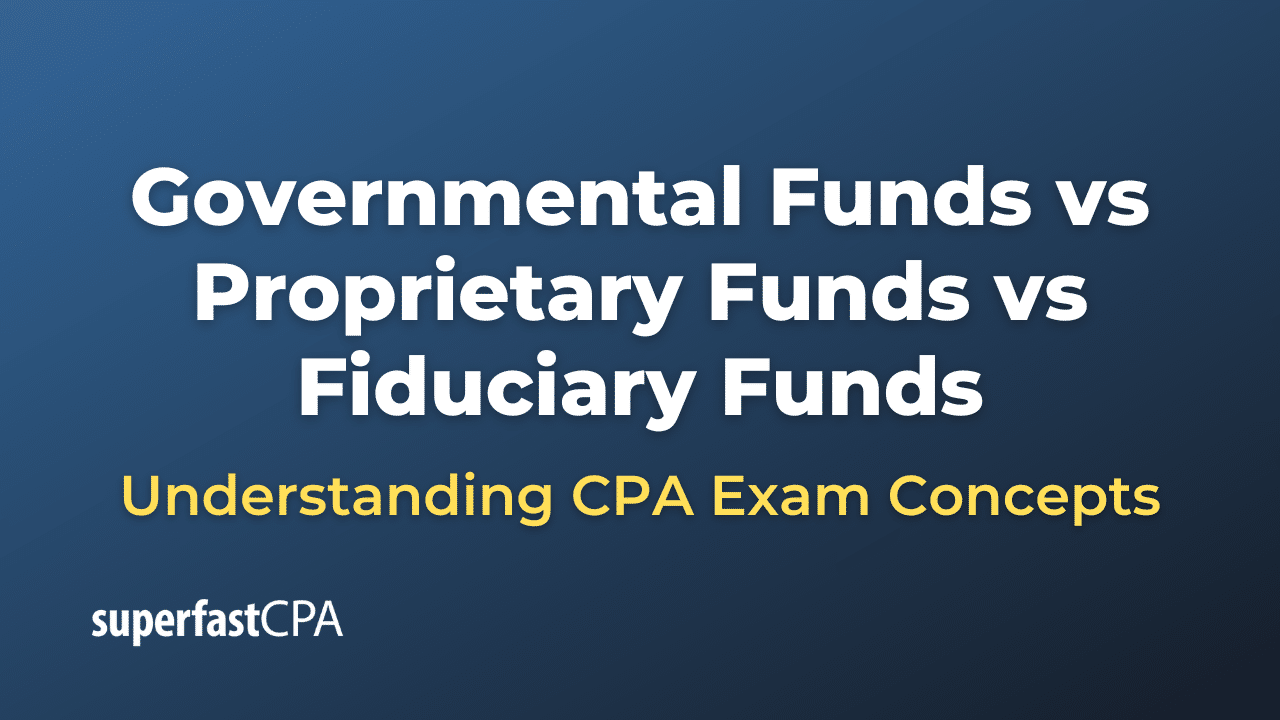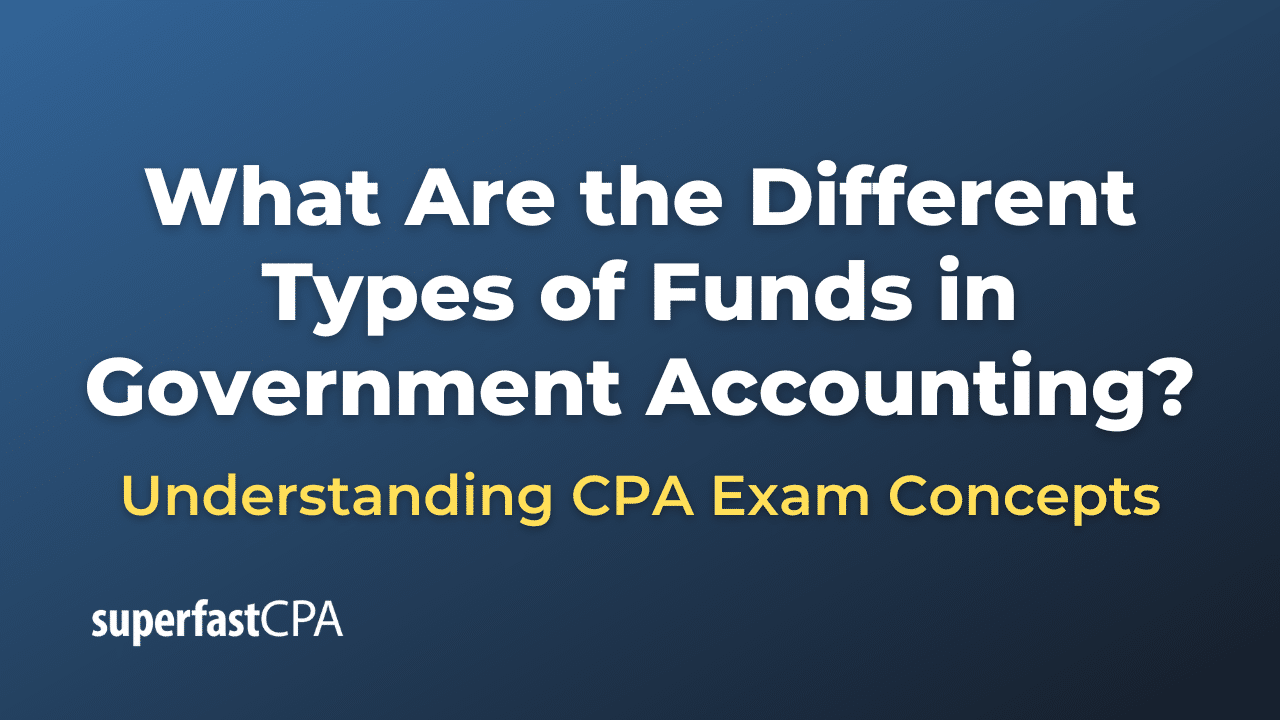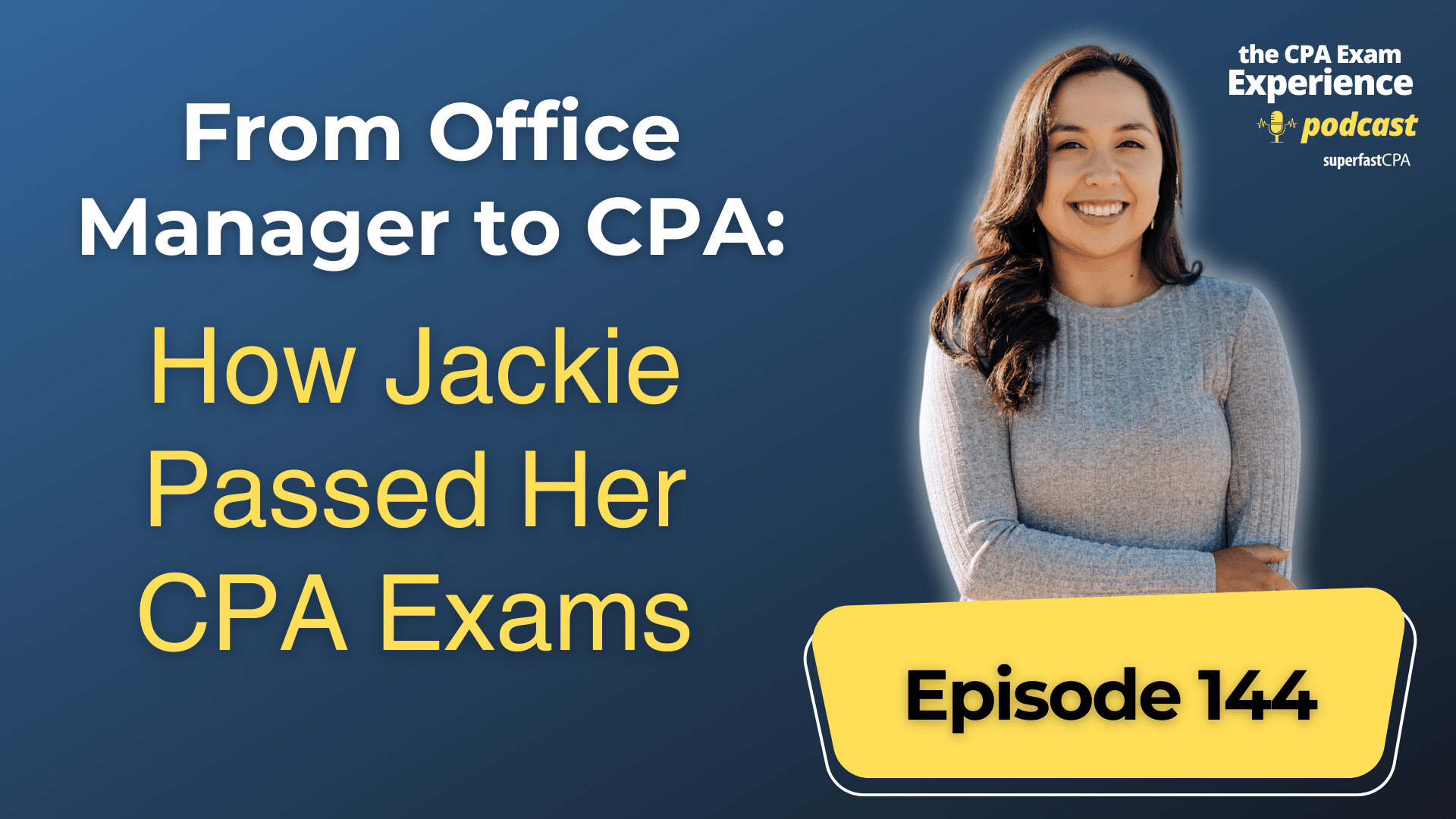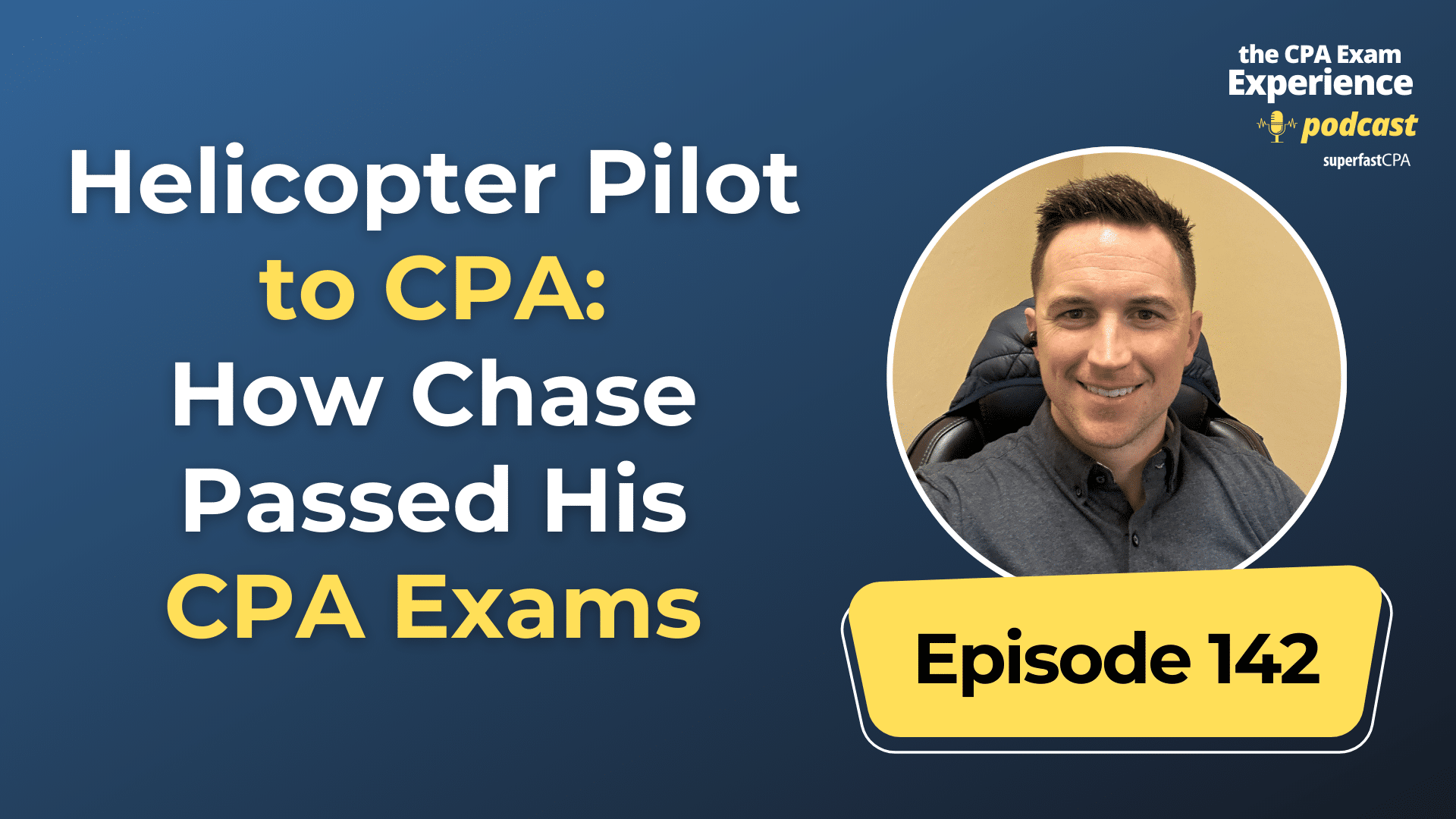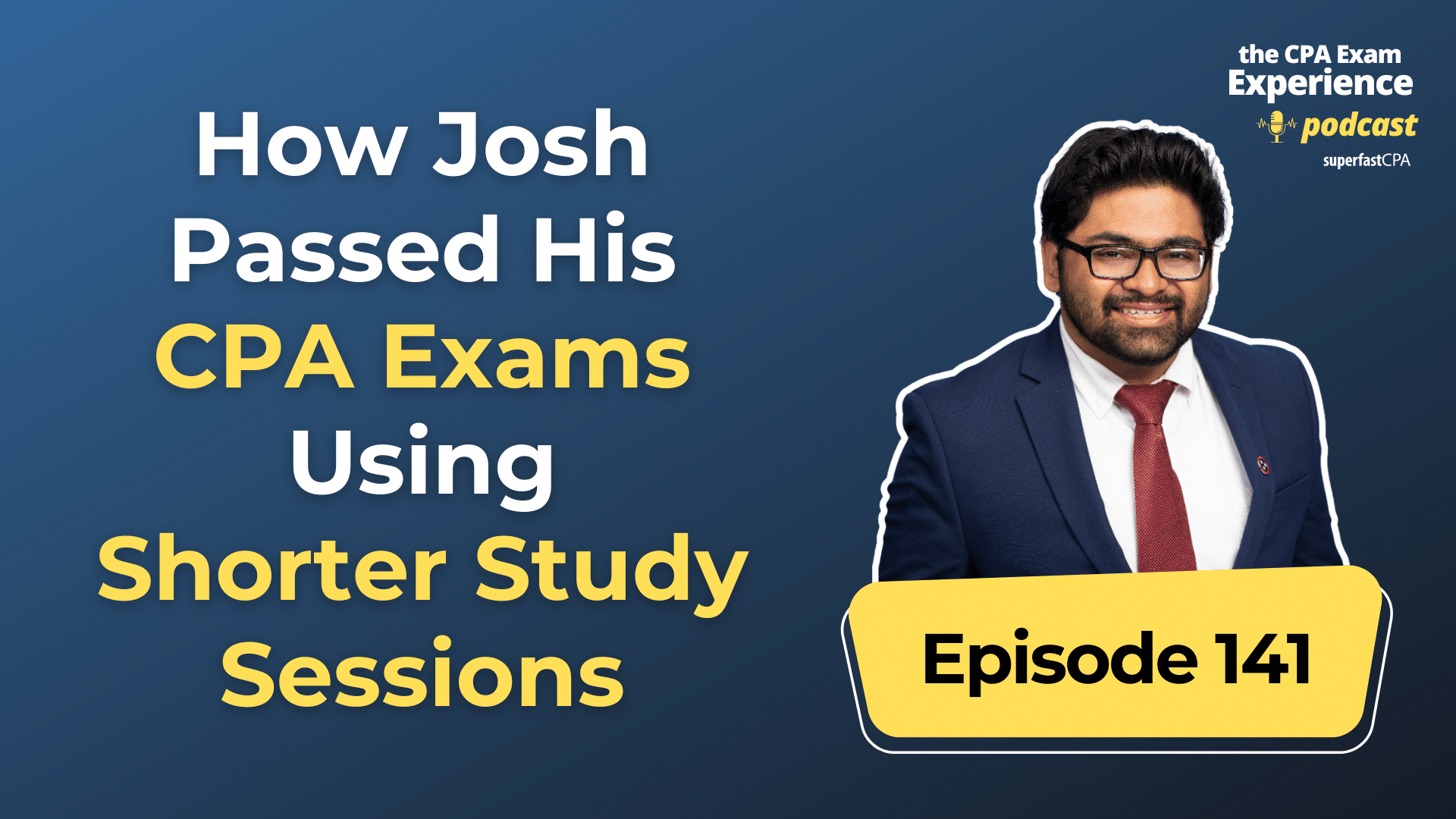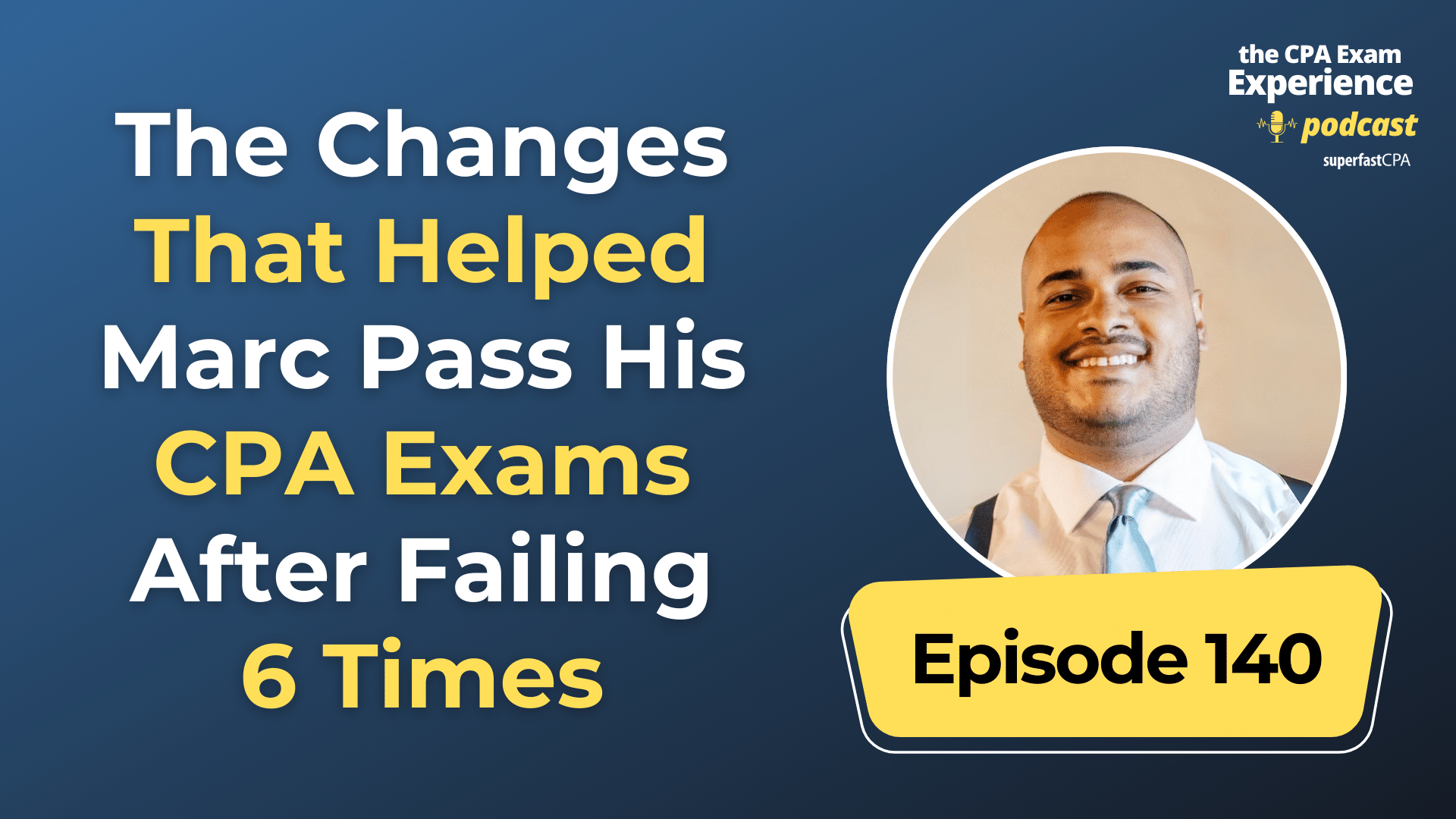Table of Contents
Nebraska CPA Ethics Exam Requirements
To meet the Nebraska CPA ethics exam requirements and become a CPA, candidates must complete the course Professional Ethics: The AICPA’s Comprehensive Course (For Licensure) and examination prepared by the American Institute of Certified Public Accountants (AICPA). The exam is open-book and must be passed with a score of 90% or higher. Candidates must also complete the NBPA Ethics Exam available through the state board website.
This article will help you to become a CPA in Nebraska and is a requirement for you to take the Nebraska CPA exam.
How to Save Yourself MONTHS of Time and Frustration
Keep in mind that the CPA exam is the one part of getting your CPA license that you can control how long it takes. The education and experience requirements take as long as they take, but the CPA exams can take you as little as 6 months, or as long as multiple years… depending on how effective your study process is from the beginning.
Learn how to study strategically so you can save yourself tons of time and retake fees with this free training…
Summary of Nebraska CPA Requirements
| Residency, regularly employed or have a place of business in Nebraska required? | Yes |
| Credit Hours to sit for the CPA Exam | 150 |
| Credit Hours in Upper-level Accounting course to sit for the CPA Exam | 30 |
| Credit Hours in General Business course to sit for the CPA Exam | 30 |
| Bachelor’s Required to sit for the CPA Exam? | Yes |
| Ethics Exam Required? | Yes |
| Work Experience Required | 1 – 3 Years |
| Required CPE Hours Every Two Years | 80 |
Eligibility Requirements for Nebraska CPA Exam Requirements
Nebraska has no age restrictions for CPAs, however, it does require that you have a Social Security number and live in the state. You must be a Nebraska resident, habitually employed in Nebraska, or have a place of business in Nebraska; you do not need to be a U.S. citizen, but the state will need you to pass an Ethics exam.
Educational Requirements for CPA in Nebraska
To meet the Nebraska CPA education requirements, Nebraska is one of several states that require you to have completed at least 150 semester (225 quarter) hours of postsecondary academic credit and a baccalaureate or bachelor’s degree from an accredited college or university to include:
- 30 semester (45 quarter) hours of accounting above the introductory level (subjects to be studied include):
- financial accounting theory,
- cost/managerial accounting,
- taxation,
- auditing,
- accounting information systems, and
- governmental/not-for-profit accounting
- 30 semester (45 quarter) hours in general business subjects (subjects to be covered include):
- macroeconomics,
- microeconomics,
- business law,
- marketing,
- management,
- finance,
- business ethics, and
- principles of accounting
- Business law courses contribute exclusively toward the 36 semester hours required for general business and cannot be used to complete the accounting requirement.
- Credit gained at a two-year institution is only accepted if transferred to a regionally authorized four-year university and applied to the applicant’s degree.
At the time of application, all educational prerequisites must be met. After completing your study, you will be eligible to sit for the CPA exam. You must send authentic transcripts from every college you have attended, even if you just took one course. Official school transcripts must be sent to CPAES by you or the academic institution, and international evaluations must be sent directly to CPAES from the assessment provider.
Submission of Transcripts
Official transcripts are those that have been issued by the Registrar’s Office of the institution and bear the official seal of the Registrar. Your official transcript must include your degree. If the transcripts are official, they may be sent electronically. This service is not available at all schools. For more information, contact your local Registrar’s office.
If an email address is required for electronic distribution, please send it to etranscript@nasba.org. Some registrars can deliver official transcripts electronically, but if they cannot, mail the sealed envelope containing your transcripts to:
- CPA Examination Services – NE
P.O. Box 198469
Nashville, TN 37219
Transcript photocopies are not authentic and will not be accepted. Please keep in mind that if you haven’t applied yet when you submit your transcripts, your educational records will be kept on file for a year. After that time, the documents will be destroyed, and you will be required to resubmit new educational documents when you apply.
If you took classes at a campus outside the United States for a school in the United States, the official transcript must be provided by the registrar at the United States campus. Transcripts issued by the registrar of a campus outside the United States will not be accepted.
Once all educational requirements have been satisfied you must:
- Submit to CPAES a final official transcript to confirm degree conferral and successful completion of courses no later than 150 days from the date of the examination.
- The final official transcript must show satisfactory completion of all courses as well as the degree graduation date.
Furthermore, you should be aware that:
- CPA exam results will not be disseminated until CPAES gets the final official transcript.
- Failure in completing the courses and/or degree requirements specified on the Certificate of Enrollment will result in the examination score(s) being voided.
- If the required final official transcript is not received, the application will be considered incomplete, and you will not receive examination score(s), will not receive credit for any Uniform CPA exam section taken, will not be permitted to take any future examinations, and will be required to reapply as a First-time applicant.
Credentials Evaluation
If you have completed education requirements at accredited institution outside the United States, you must have your educational credentials (including certificates of completion) evaluated by NASBA International Evaluation Services or any member organization of the National Association of Credential Evaluation Services (NACES).
- Obtain a form from the evaluation service agency requesting this service and submit a translated copy of each international transcript utilized in the evaluation.
- CPAES must receive completed original evaluations directly from the evaluation service at the time of submission. Photocopies are not permitted.
- For each individual evaluation from the evaluation service, a copy of the foreign transcript must be provided with the report delivered to NASBA. Without these documents, the application will be considered incomplete, and progress will be halted until transcripts are delivered.
Please allow two to four weeks from the date your file was completed (when your application, fees, and all other needed paperwork were received) for your application to be processed. Unless otherwise specified, you will receive an email acknowledging receipt of your application. This notification is simply intended to serve as an acknowledgment of receipt of the application.
Discrepancies in Requirements
- If there are any errors in your application documents, CPAES will contact you via email, phone, or U. S. mail.
- CPAES will send an Authorization to Test (ATT) to NASBA’s National Candidate Database after you are determined to be eligible to take the CPA exam.
- To guarantee that candidates are not applying in several jurisdictions, the information in the ATT will be cross-referenced against all candidate records across the country.
- The NCD generates your Notice To Schedule once the ATT has been processed (NTS.)
- Your NTS will be delivered to you by the method you specified on your application. Make sure to double-check all of the NTS’s information.
Pass the Uniform CPA Examination
The “Uniform CPA Examination”, which is a 4-part exam, is developed by the AICPA – the American Institute of Certified Public Accountants and administered by NASBA – the National Association of State Boards of Accountancy.
The Three Core Exam Sections
Auditing and Attestation (AUD)
The Auditing and Attestation (AUD) section of the Uniform CPA Examination (the Exam) tests the essential knowledge and skills a newly licensed CPA must demonstrate when performing audit engagements, attestation engagements or accounting and review service engagements.
Newly licensed CPAs are required to:
- Demonstrate knowledge and skills related to professional responsibilities, including ethics, independence, and professional skepticism. Professional skepticism reflects an iterative process that includes a questioning mind and a critical assessment of audit evidence.
- Understand the entity including its operations, information systems (including the use of third-party systems), and its underlying business processes, risks, and related internal controls.
- Understand the flow of transactions and underlying data through a business process and its related information systems.
Financial Accounting and Reporting (FAR)
The Financial Accounting and Reporting (FAR) section of the Uniform CPA Examination (the Exam) assesses the knowledge and skills that a newly licensed CPA must demonstrate in the financial accounting and reporting frameworks used by business entities (public and nonpublic), not-for-profit entities and state and local government entities.
The financial accounting and reporting frameworks that are eligible for assessment within the FAR section of the Exam include the standards and regulations issued by the:
- Financial Accounting Standards Board (FASB)
- U.S. Securities and Exchange Commission (U.S. SEC)
- American Institute of Certified Public Accountants (AICPA)
- Governmental Accounting Standards Board (GASB)
Regulation (REG)
The Regulation (REG) section of the Uniform CPA Examination (the Exam) tests the knowledge and skills that a newly licensed CPA must demonstrate with respect to:
- U.S. federal taxation
- U.S. ethics and professional responsibilities related to tax practice
- U.S. business law
The Three Disciplines
The three new disciplines in the 2024 CPA Exam, part of the CPA Evolution initiative, are designed to allow candidates to specialize in areas that align with their career interests and the demands of the modern business environment. Here’s a more detailed look at each discipline:
Business Analysis and Reporting (BAR)
Objective: This discipline focuses on higher-order skills needed in financial statement analysis, business reporting, and the strategic role of the CPA in business decision-making.
Key Topics:
- Financial Statement Analysis: Understanding and interpreting financial statements to assess an entity’s financial health and performance.
- Performance Management: Developing and using key performance indicators (KPIs) to measure, manage, and improve business performance.
- Data Analytics and Visualization: Utilizing data analytics tools to analyze business data, and effectively presenting data to support business decisions.
- Strategic Planning and Risk Management: Involvement in the strategic planning process and identifying, assessing, and managing business risks.
- Business Processes and Controls: Understanding and evaluating business processes and internal controls to improve efficiency and effectiveness.
Information Systems and Controls (ISC)
Objective: This discipline is tailored for those interested in information technology, data security, and controls. It addresses the increasing role of technology in accounting and auditing.
Key Topics:
- IT Governance and Risk: Understanding the frameworks for managing and governing enterprise IT; identifying and managing IT-related risks.
- Information Security and Cybersecurity: Knowledge of cybersecurity principles, data protection laws, and the steps necessary to protect information assets.
- System and Organization Controls (SOC) Reporting: Understanding the requirements for SOC reports and the role of CPAs in assessing controls at a service organization.
- Data Management and Privacy: Managing data effectively and understanding privacy regulations.
- Business Continuity and Disaster Recovery: Planning and strategies to ensure business operations can continue and recover from disruptive events.
Tax Compliance and Planning (TCP)
Objective: This discipline focuses on tax compliance, tax planning, and tax strategy, suitable for those who aim to specialize in taxation.
Key Topics:
- Individual Tax Planning and Compliance: Understanding tax laws affecting individual taxpayers, including income, deductions, credits, and tax planning strategies.
- Business Tax Planning and Compliance: Knowledge of tax considerations for different business entities, including corporations, partnerships, and S-corporations.
- Estate, Gift, and Trust Taxation: Understanding the tax implications and planning strategies for estates, gifts, and trusts.
- International Taxation: Knowledge of taxation issues related to cross-border transactions and multinational enterprises.
- State and Local Taxation (SALT): Understanding the complexities of state and local tax laws and their impact on business and individual tax planning.
Tips for Passing the CPA Exam
The CPA exam covers so many topics that you will need to study specifically for each section, usually for 6-8 weeks per section. Even a master’s degree in accounting doesn’t adequately prepare you to just walk in and pass the 4 CPA exams.
You will need a full review course such as Becker, Wiley CPA, Gleim, Roger, etc, and you will need to dedicate several hours a day over the course of months to even have a chance at getting passing scores.
How to Save Yourself MONTHS of Time and Frustration
Keep in mind that the CPA exam is the one part of getting your CPA license that you can control how long it takes. The education and experience requirements take as long as they take, but the CPA exams can take you as little as 6 months, or as long as multiple years… depending on how effective your study process is from the beginning.
Learn how to study strategically so you can save yourself tons of time and retake fees with this free training…
Nebraska CPA Exam Cost Breakdown
The Nebraska CPA exam cost consists of four main fees: the education evaluation application of $185, a $344.80 per CPA exam section totaling $1,379.20 for all four sections, the active permit to practice fee of $175, and the renewal fee of $175.
| Education Evaluation Application Fee | $105.00 |
| Auditing and Attestation (AUD) | $344.80 |
| Financial Accounting and Reporting (FAR) | $344.80 |
| Regulation (REG) | $344.80 |
| Disciplines (ISC, TCP, or BAR) | $344.80 |
| Total for all 4 CPA Exam Sections | $1,379.20 |
| Active Permit to Practice Fee | $175.00 |
| Active Permit Renewal Application Fee | $175.00 |
Nebraska CPA Experience Requirements
To meet the Nebraska CPA experience requirements, candidates will have to comply depending on the three types of experience that can be submitted for a Permit to Practice in Nebraska.
- Experience in a Public Accounting Firm – Must show 4,000 hours of experience earned in at least two years.
- Experience at the Nebraska Department of Revenue and/or the Nebraska Auditor of Public Accounts – Must show 4,000 hours of experience earned in at least two years.
- Experience in Private Industry, Government or Academia – Must show 6,000 hours earned in at least three years.
Regardless of which type of experience the candidate has, they must be supervised by an active CPA (in any state) the whole time. It is acceptable to combine different types of experience, however, in doing so, the experience requirement increases to 3 years. Only experience earned within the last 10 years will be considered.
Nebraska CPA License Requirements
Applicants in Nebraska must complete the following qualifications in order to obtain a certified public accountant license:
- Candidates must be a resident of Nebraska, have a place of business or be regularly employed in the state (Reference: Nebraska statutes 1-114)
- Must have completed at least a Baccalaureate degree from an accredited college or university. (If sitting for the CPA
- Examination after January 1, 1998, you must also have completed 150 semester hours or 225 quarter hours of postsecondary academic
- credit, and do not need to resubmit another transcript.); and
- Complete the NBPA Ethics Exam available on the website
- Complete the AICPA’s Professional Ethics self-study examination and request they send a Certificate of Completion
- showing the grade earned and date of completion. Contact the AICPA directly for the study materials and exam: 1-888-777-7077
- Must have successfully completed the U.S. Uniform CPA EXAM.
How to Save Yourself MONTHS of Time and Frustration
Keep in mind that the CPA exam is the one part of getting your CPA license that you can control how long it takes. The education and experience requirements take as long as they take, but the CPA exams can take you as little as 6 months, or as long as multiple years… depending on how effective your study process is from the beginning.
Learn how to study strategically so you can save yourself tons of time and retake fees with this free training…

